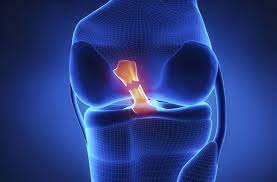Alternative Health
Alternative health refers to a range of healthcare practices that are not traditionally used by conventional medicine, but are gaining popularity due to their perceived benefits. These practices include herbal remedies, acupuncture, chiropractic care, homeopathy, massage therapy, and many others. Herbal remedies involve the use of plant-based compounds, such as teas, tinctures, or supplements, to … Read more









